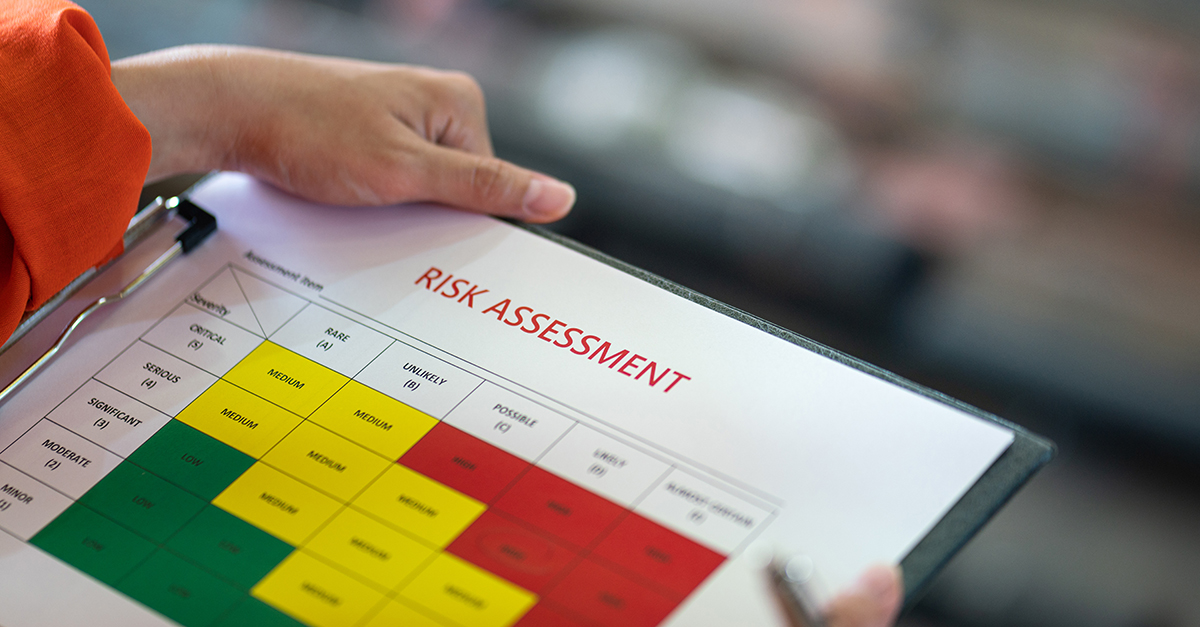As climate-related disruptions—wildfires, hurricanes, heatwaves, and supply chain breakdowns—more commonly occur, understanding and communicating business risks becomes essential. Cleaning industry customers increasingly expect climate risk reporting and sustainability disclosures from their vendors.
This is not about politics. It’s about risk management, business continuity, and meeting the growing expectations of customers, regulators, and stakeholders. For cleaning companies— especially those serving property managers, retailers, schools, and healthcare systems—transparency is now a business necessity.
A shift toward supply chain transparency
Large organizations face increasing pressure to assess environmental and social risks in their supply chains. In turn, they require data from cleaning industry vendors such as building service
contractors, product distributors, and chemical and equipment suppliers. These reporting requirements do not mandate specific outcomes. Instead, they help customers compare vendors using credible, consistent data—supporting more informed, resilient procurement decisions.
Transparency is also a pillar of functioning markets. For capitalism to work properly, companies must disclose their risks. Informed decision-making by investors, insurers, and buyers depends on access to truthful information. Without visibility into risk, markets falter. Honest disclosure helps protect both businesses and market efficiency.
Mandatory reporting is growing
Sustainability reporting is no longer voluntary. A growing number of states and cities—including California, New York, Illinois, Washington, and Colorado—have introduced laws requiring companies to disclose greenhouse gas emissions and climate-related risks.
California’s Senate bills 253 and 261, for instance, require companies doing business in the state to report on emissions and climate-related financial risks. These laws carry real penalties, such as fines or ineligibility for state contracts.
Even companies not directly regulated may be asked to supply environmental, social, and governance (ESG) policies or climate data to customers. Failing to provide this information can result in lost contracts or exclusion from preferred vendor lists.
Customers care about climate risk
Climate-related risks can disrupt critical operations for buyers of cleaning products and services. Supply delays or service interruptions during extreme weather events impact occupant safety, compliance, and operational reliability.
For example, a distributor in a hurricane-prone area may be at risk of shipping delays, especially for essentials like toilet paper, disinfectants, or personal protective equipment. A janitorial provider without a continuity plan may be unable to deliver services during floods, snowstorms, or wildfires, putting facilities at risk.
Customers increasingly seek vendors that understand these risks, demonstrate resilience, and offer various choices. These qualities make it easier for procurement teams to assess vendors
using ESG and risk criteria.
As a result, climate risk and sustainability reporting now appear in requests for proposals (RFPs), onboarding forms, and supplier evaluations. Even if they are not legally required to report, many cleaning vendors must provide this information to remain competitive.
Business benefit beyond compliance
Providing basic data—such as facility locations, climate exposure, energy use, or emergency plans—can help companies stand out and maintain business relationships. In addition, climate risk assessments often uncover opportunities to reduce costs. Many cleaning companies have found ways to improve energy efficiency, lower fleet fuel costs, and reduce waste, all while boosting operational resilience. In this way, transparency supports not just compliance but profitability and efficiency.
To assist cleaning industry organizations with reporting, ISSA has launched a Sustainability Reporting Platform, providing tools that allow users to assess and disclose environmental and climate impacts. ISSA also offers sustainability training programs and coordinates the ISSA Sustainability Committee, which comprises 200 members from 17 countries working to advance the industry. Learn more at ISSA.com/sustainability.
Risk reporting isn’t about being the greenest—it’s about being honest, dependable, and prepared. These qualities help companies win and keep contracts in today’s risk-aware market.
Learn more by watching a video at cmmonline.com/climate-risk-reporting.




